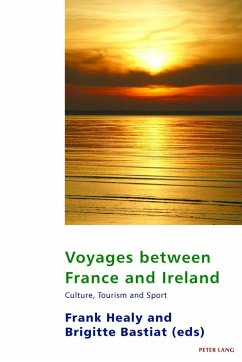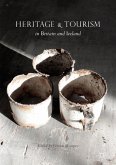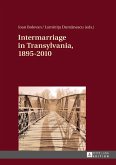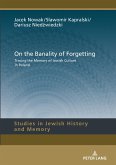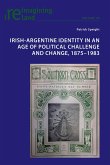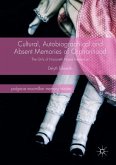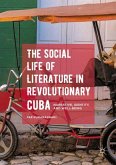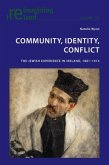The voyage - the quest, the odyssey, the expedition - is one of the driving forces of civilisation. From ancient times to the present day, human beings have travelled through necessity (wars, persecutions, economic and political pressures), by vocation (religious and humanitarian) and for pleasure (tourism, culture and sport).
A voyage intensifies our perception of self, leading us to define and redefine our identity in the liminal space where we are confronted with the Other. This often leads to a change of perspective in our attitudes to culture, identity and politics.
The sea is an important feature of the geography of both Ireland and France, so it is perhaps unsurprising that voyages occupy such an important place in the history of both countries. This volume explores aspects of French and Irish society, past and present, through the prism of the voyage. The contributors focus on a wide range of topics, including cultural tourism, literature, gastronomy and sport, in order to trace the ebb and flow of the exchanges between these two countries and their continued influence on one another.
A voyage intensifies our perception of self, leading us to define and redefine our identity in the liminal space where we are confronted with the Other. This often leads to a change of perspective in our attitudes to culture, identity and politics.
The sea is an important feature of the geography of both Ireland and France, so it is perhaps unsurprising that voyages occupy such an important place in the history of both countries. This volume explores aspects of French and Irish society, past and present, through the prism of the voyage. The contributors focus on a wide range of topics, including cultural tourism, literature, gastronomy and sport, in order to trace the ebb and flow of the exchanges between these two countries and their continued influence on one another.

